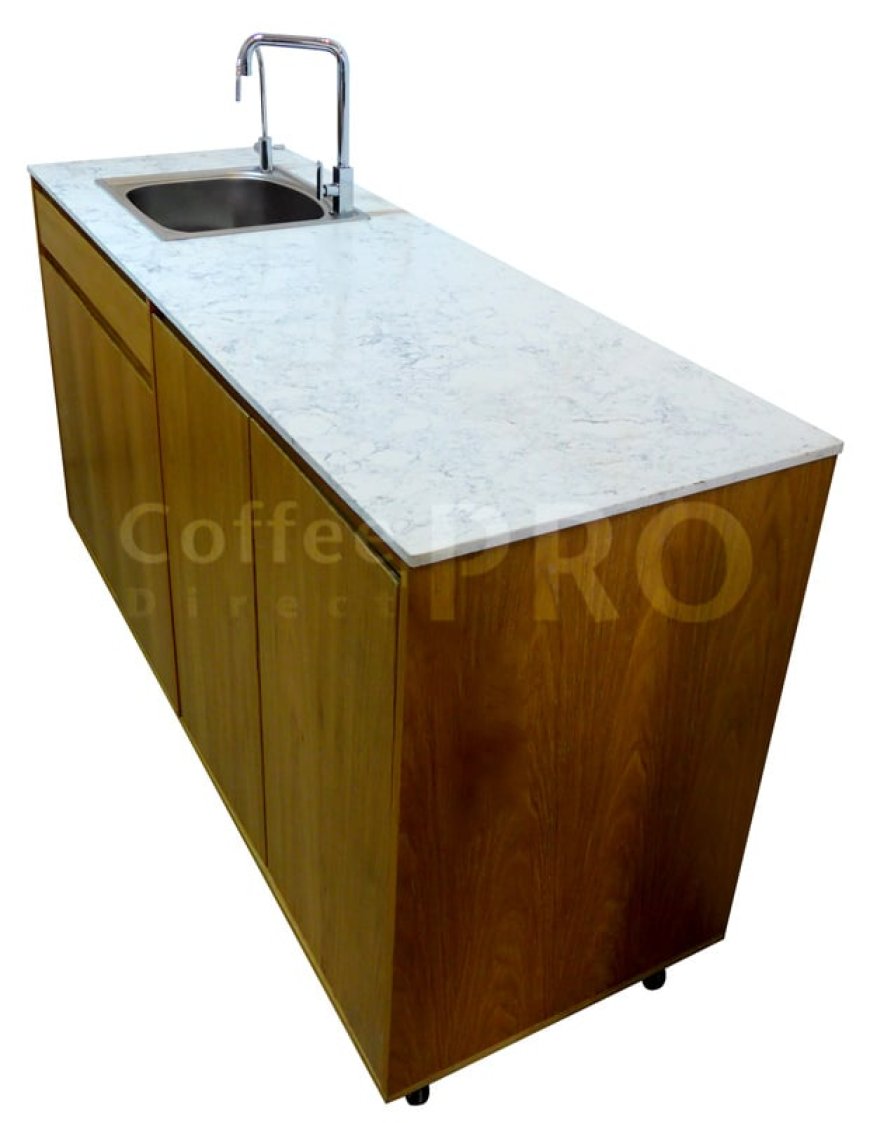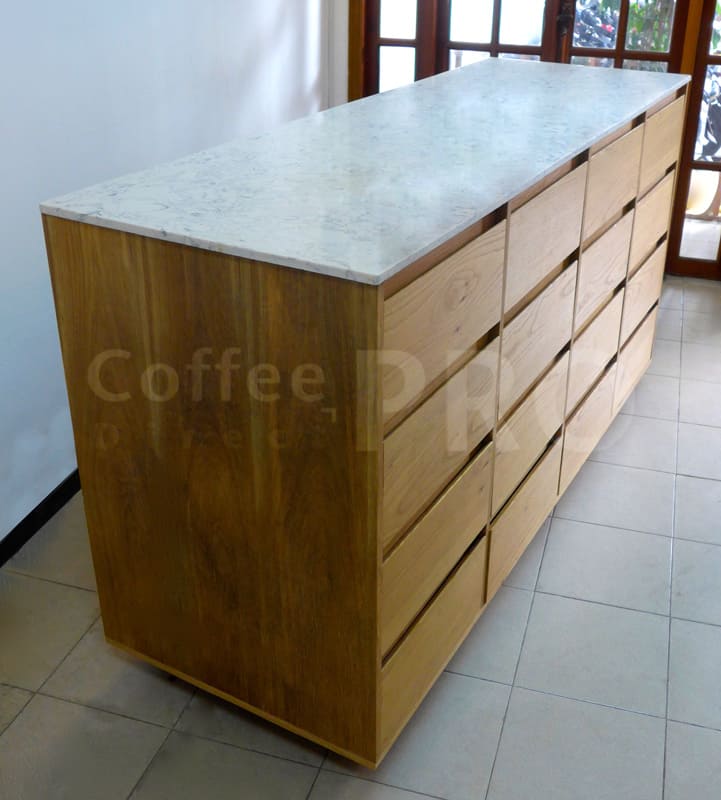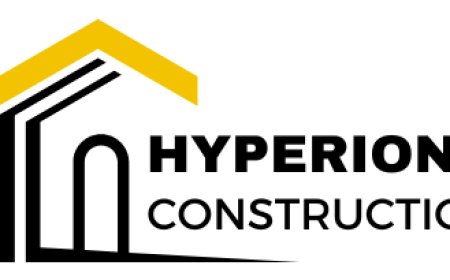Build the Perfect Coffee Lab Module Setup

Introduction
Every cup of specialty coffee begins long before the beans hit the roaster or the barista pulls a shot. It begins with a deep commitment to qualityassessing, analyzing, and perfecting every variable from origin to roast. At the core of this process lies theCoffee Lab Module, a dedicated, fully equipped station designed for precision, sensory evaluation, and quality control.
A coffee lab module isnt a one-size-fits-all unit. Its a custom-built space (or modular system) that houses essential cupping, roasting, and analytical tools used by roasters, Q graders, producers, exporters, and coffee educators. It allows professionals to evaluate green coffee, develop roast profiles, measure moisture, test grind consistency, and conduct cuppingsall in a clean, efficient, and standardized environment.
In this article, we will explore everything about the coffee lab modulefrom its purpose, design components, and ideal layout to the equipment required for functionality and how it helps drive coffee quality. Well also examine how Coffee Pro Direct, a leading name in professional-grade coffee equipment, offers lab modules that are trusted across the global specialty coffee community.
What Is a Coffee Lab Module?
A coffee lab module is a dedicated station or integrated unit created specifically for quality control and cupping purposes within the coffee industry. It may range from a fully fitted room to a compact mobile unit and is structured to support detailed analysis of green coffee, roast evaluation, and sensory testing.
Its primary functions include:
-
Green Coffee Grading
-
Sample Roasting
-
Moisture and Density Measurement
-
Grinding and Sieving
-
Cupping and Sensory Evaluation
-
Data Recording and Traceability
The coffee lab module serves as the nerve center for quality decisions, whether you're sourcing micro-lots, certifying shipments, or dialing in a roast profile for a new origin.
Why Coffee Labs Are Essential in the Coffee Industry
Coffee is a volatile product. The flavor, quality, and performance of every batch can vary significantly depending on variables like processing, altitude, moisture content, and roast level. Thats why sensory and physical analysis within a lab setting is critical.
Heres why coffee labs, and by extension lab modules, are indispensable:
-
Quality Assurance: Ensures every lot meets internal or industry standards
-
Sensory Consistency: Identifies flavor profiles, defects, and roast development
-
Traceability: Enables precise documentation from farm to cup
-
Research and Innovation: Facilitates experimentation and cupping of new processes or hybrids
-
Training and Education: Provides a controlled environment for cupping calibration and Q Grader testing
Components of a Coffee Lab Module
A well-designed coffee lab module includes a variety of equipment and workspaces tailored to the specific needs of coffee professionals. While setups vary based on space and purpose, there are some standard components every lab should include.
1. Sample Roasting Station
The heart of the labthis area includes a sample roaster (usually 50g200g capacity), designed for repeatable, small-batch roasting used in cupping sessions or QC checks.
2. Green Coffee Evaluation Zone
A section with sample trays, moisture meters, coffee sample sieves, and lighting for grading bean size, color, and defect counts.
3. Cupping Table
Usually round or oval, designed to accommodate multiple bowls and tasters. Its the sensory epicenter of the module, equipped with cupping spoons, scales, timers, and spittoons.
4. Grinding Station
Features a coffee lab grinder, essential for uniform grind size across cupping samples. Often includes a purge container and brushes for cleaning.
5. Data Recording & Analysis Area
Digital stations or logbooks used to track cupping scores, moisture readings, roast data, and observations.
6. Water Station
Filtered water supply for brewing and cleaning cupping bowls, as well as temperature-controlled kettles.
Key Equipment for a Coffee Lab Module
While some tools may vary depending on your budget or goals, these are core essentials for any coffee lab module:
-
Sample Roaster (manual or electric)
-
Coffee Lab Grinder
-
Coffee Sample Sieves
-
Moisture & Density Meter
-
Cupping Bowls & Spoons
-
Green Coffee Trays
-
Cupping Table with Lighting
-
Scales (0.1g precision)
-
Timers and Thermometers
-
Labeling Tools & Notepads
-
Vacuum or Brush Set for Cleanup
At Coffee Pro Direct, lab modules are customizable to include all of these tools in a streamlined, modular layout.
Designing the Ideal Lab Module: Best Practices
A lab must support efficient movement, data accuracy, and ergonomic operation. Whether youre designing a compact lab or a large R&D center, layout and functionality are critical.
Consider the Following Design Elements:
-
Zoning: Separate areas for roasting, cupping, and grading
-
Ventilation: Proper airflow for roasting and sample cooling
-
Lighting: Neutral lighting to accurately assess bean and roast color
-
Water Quality: Use SCA-recommended water standards for cupping
-
Surface Materials: Easy-to-clean, non-porous counters
-
Storage: Space for green coffee samples, tools, and paperwork
Modular vs. Fixed Labs
-
Modular Labs are portable and ideal for cooperatives, origin stations, or educational centers.
-
Fixed Labs are installed in facilities or roasteries, offering more equipment and higher capacity.
Who Needs a Coffee Lab Module?
A wide range of coffee professionals benefit from having a dedicated lab module. Its a must-have for:
1. Roasteries
Develop profiles, compare lots, and ensure roasting consistency.
2. Coffee Exporters
Grade and sample large volumes of green coffee before shipment.
3. Importers and Traders
Verify quality on arrival and confirm consistency with contracts.
4. Coffee Cooperatives
Train producers, calibrate quality, and set internal pricing standards.
5. Q Graders and Certifying Bodies
Host Q calibration courses and sensory training under strict controls.
6. Research & Development Labs
Experiment with fermentation, drying methods, or hybrid cultivars.
Benefits of a Professional Coffee Lab Module
Heres what you gain by installing a proper lab setup:
-
Improved Quality Assurance: Catch defects early, avoid rejections
-
Faster Decision-Making: Streamlined workflow leads to faster lot approvals
-
Enhanced Training: Train staff, farmers, and tasters in a consistent environment
-
Global Standardization: Align your processes with international benchmarks
-
Better Buyer Communication: Share data-driven insights with clients and partners
-
Consistent Flavor Development: Predict roast behavior and cup outcomes with accuracy
Why Choose Coffee Pro Direct?
At Coffee Pro Direct, we specialize in delivering complete coffee lab module solutions tailored to the needs of professionals worldwide. Whether you're a small roaster, a large exporter, or an SCA-certified training lab, we provide the tools and guidance to build your ideal lab.
Heres what sets us apart:
-
Customizable Modules: Tailored configurations based on your lab size and workflow
-
Professional Equipment: Our tools are lab-grade, tested, and calibrated for accuracy
-
Global Service: Used in 50+ countries by Q Graders, educators, and roasters
-
Integrated Solutions: From sample sieves to roasters, every piece fits seamlessly
-
Expert Guidance: Our team includes coffee scientists, roasters, and lab designers
-
Durable Construction: All lab furniture and components are built to withstand heavy use
We understand that your lab isnt just a workspaceits where quality lives. Thats why every module we design is built for performance, precision, and purpose.
Setting Up Your First Lab? Start Small, Think Big.
You dont need a huge budget or a massive space to begin building your coffee lab. Many professionals start with a basic lab module that includes:
-
A sample roaster
-
A reliable grinder
-
Moisture meter
-
Set of cupping bowls and spoons
-
Coffee sample sieves
-
Digital scale and timer
-
Green coffee tray and evaluation lighting
As your operation grows, so can your lab. Modules are modular for a reasonthey evolve with your needs.
Conclusion
A coffee lab module is more than a collection of toolsits the control center for quality, innovation, and trust in the specialty coffee supply chain. Whether you're making buying decisions, developing roast profiles, or certifying lots for export, a well-designed lab empowers you to do your job with confidence and clarity.
By integrating cupping, grading, roasting, and data tracking in one efficient workspace, the lab module becomes the foundation of a professional coffee operation. It enables repeatability, transparency, and excellence from seed to cup.With Coffee Pro Direct, you gain access not only to high-quality lab equipment but to an experienced team committed to helping you create a space where coffee quality is measured, managed, and mastered.
FAQs
Q1: What size space do I need for a coffee lab module?
A small lab module can operate in as little as 1015 square meters. Larger installations may require 3050 square meters depending on equipment and workflow.
Q2: How much does a coffee lab module cost?
Costs vary widely depending on the equipment included. Basic setups may start around a few thousand USD, while full R&D modules can exceed $20,000.
Q3: Can I use my existing equipment in a new lab module?
Yes. Modular lab designs from Coffee Pro Direct are adaptable and can integrate your existing tools with new components for a seamless upgrade.
Q4: Do I need a lab module if I only roast small batches?
Even micro-roasters benefit from lab modules. They provide the tools needed for consistent cupping, roast calibration, and QCregardless of scale.
Q5: How long does it take to set up a lab module?
Most installations can be completed within a few days once equipment is delivered. Coffee Pro Direct offers setup support and layout consultations.









































